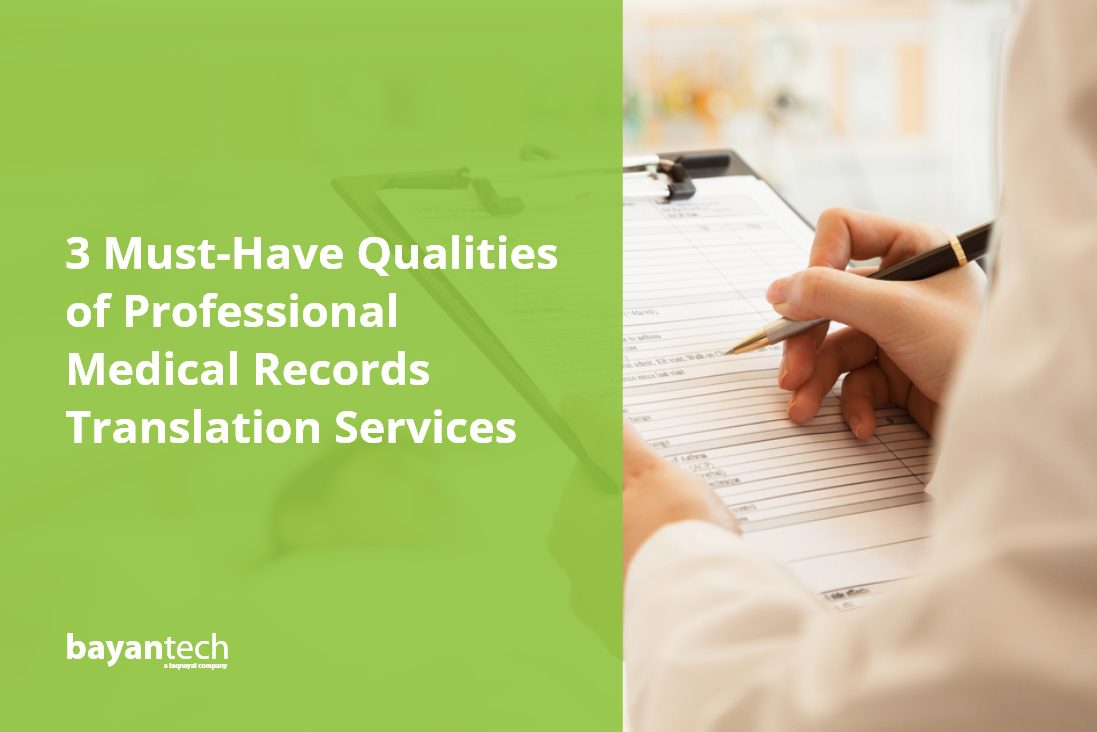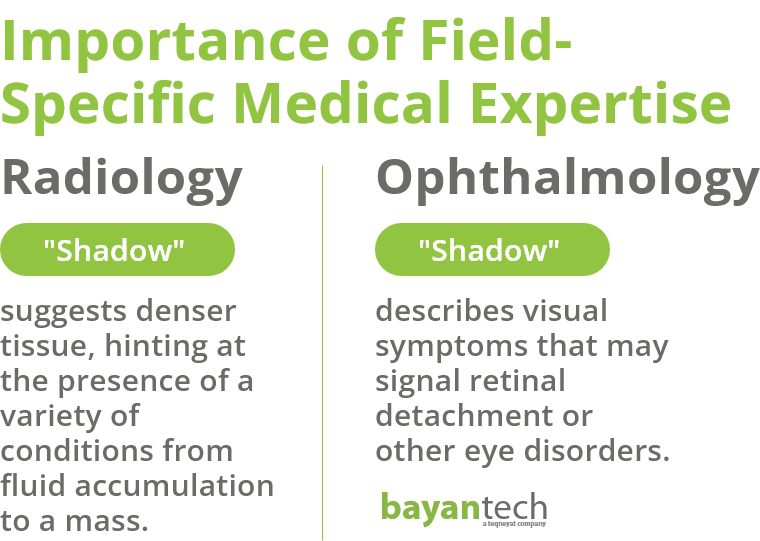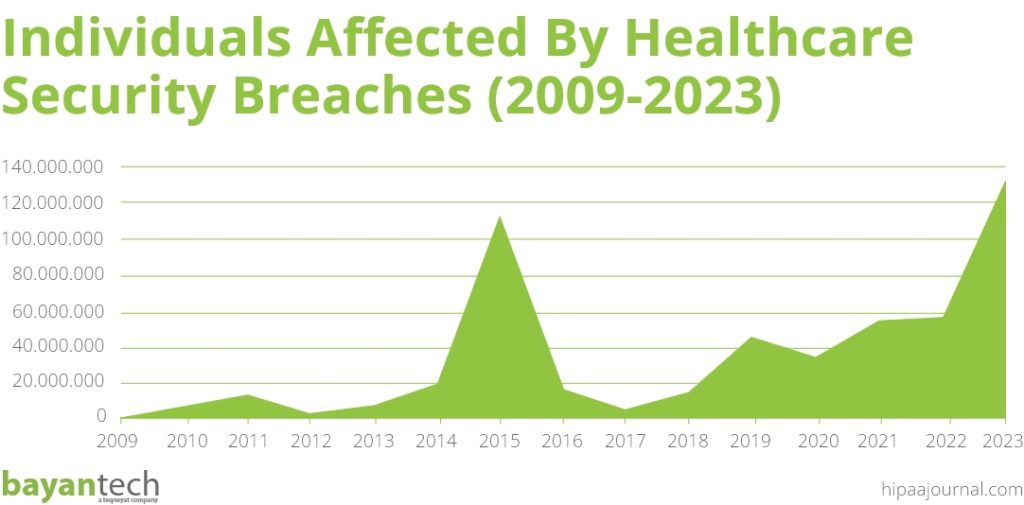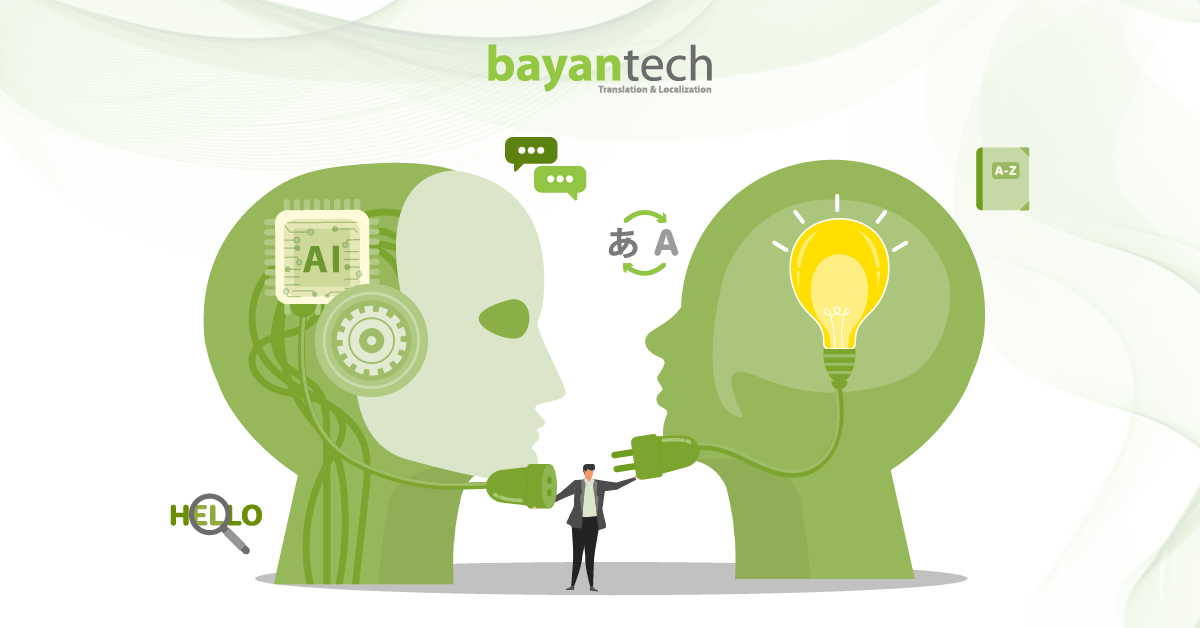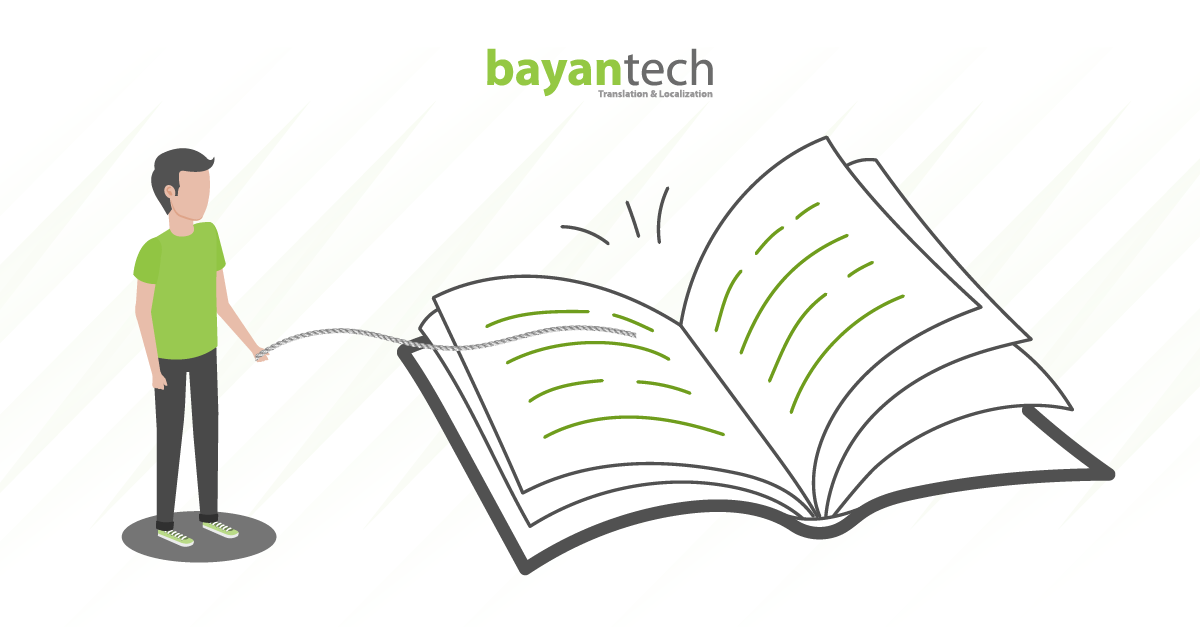Imagine being handicapped not in a physical way, but handicapped by your limited language proficiency to describe basic feelings and needs as a patient.
Every minute of delayed communication can mean a delay in crucial medical care. In these moments, the desperation to be understood is palpable, yet the words needed are just out of reach—a situation born not out of anyone’s fault, but out of linguistic barriers.
As healthcare providers serving a diverse patient population, you are no doubt aware of the growing necessity to bridge linguistic barriers.
Language solutions such as medical records translation services are crucial for fostering clear and effective communication between patients and healthcare professionals. Yet, the stakes are high, as inadequate or incorrect translations can cause misunderstandings and, in severe cases, lead to dire health outcomes and legal complications.
So, what are the defining features of truly professional medical records translation services?
Let’s find out in this blog.
Medical Records Translation Services: An Overview
Medical records translation is the process of converting healthcare documentation and clinical information from one language into another to ensure that non-native speakers receive appropriate medical care and that healthcare providers understand the medical history and needs of their patients.
Professional medical records translation services must be accurate, clear, and culturally appropriate to avoid any miscommunication that could lead to poor patient outcomes.
And this is why, such translations demand the skills of professional translators who specialize in the medical field and understand the nuances of the healthcare sector.
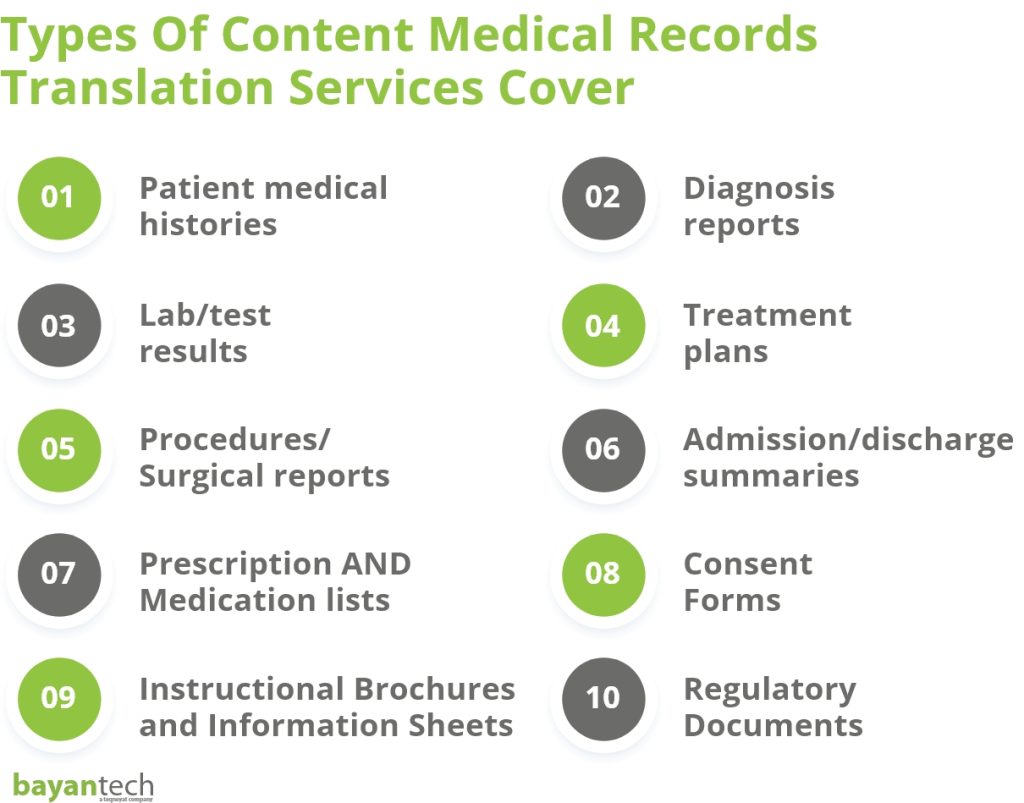
What Makes The Most Professional Medical Records Translation Services
For healthcare providers, searching for a dependable medical translation partner is a critical and highly sensitive task. The implications of medical translation extend beyond patient care; they encompass legal responsibilities and the potential for complex legal consequences in case any issues arise from translation inaccuracies (which are most probably high-stakes issues).
When seeking collaboration with a translation agency, they know by heart that there are specific, non-negotiable qualities that ensure the delivery of high-quality medical translation services.
Below are some of the key qualities that make the best medical document translation service.
Medical Integrity
Translating medical records requires a deep understanding of the medical Jargon, as well as the cultural nuances and context that can affect the interpretation of medical information.
So, while it’s essential for a translation agency to employ native speakers well-versed in the target language and culture, these translators must also possess profound medical expertise to preserve what we term ‘Medical Integrity’.
So why? Can’t any native translators provide accurate translation for any medical document?
Well, like any domain-specific content, medical records are filled with specialized, intricate medical terminology that can be challenging to convey accurately without a solid medical background.
This background goes beyond general medical knowledge; it involves specialized expertise in the relevant field of medicine. For instance, if the medical records pertain to cardiology, the translators must have specialization in cardiovascular terminology and concepts.
- Each medical field—be it oncology, neurology, orthopedics, or any other—has its own lexicon, protocols, and nuances.
- Translators without this specialized knowledge are more likely to make errors, potentially leading to misunderstandings with severe consequences for patient care and legal liability.
Rigorous Quality Assurance
When it comes to translating any type of medical content rigorous quality assurance is absolutely essential. This is because even the slightest error in translation can have serious consequences for patients’ health and understanding of their medical conditions.
Imagine this: a patient walks into a clinic needing treatment based on their medical history. But the records are in another language, and a poorly translated document leads to misunderstanding. Not ideal, right?
Think of QA in the translation project as a superhero that ensures:
- Better patient care
- Reduced risk of errors
- Improved communication
- Guaranteed regulatory Compliance
But, how do you ensure getting your medical records translated with the highest quality?
Choosing a translation company that combines expert human translators, strict quality control measures, and the latest translation technology is the key to receiving top-quality translations.
Multiple rounds of review by specialized linguists and medical experts help catch any inaccuracies in medical terminology consistency and accuracy. In professional agencies, these rounds of review are defined by three stages, translation, editing, and proofreading (TEP).
Powerful quality management systems also run automated quality checks that help root out potential errors overlooked in human reviews before final delivery.
Compliance With Medical Regulations
Healthcare is a highly regulated field where medical providers operate within a framework of rules designed to protect patients; failure to comply can risk their well-being.
Similarly, medical translation services must align with medical regulations to maintain the integrity of cross-cultural healthcare communication. And among the most important regulations medical translation providers must comply with is HIPAA (Health Insurance Portability and Accountability Act).
Translation companies dealing with medical records are given access to sensitive medical information that requires ultimate confidentiality and privacy.
With so many past breaches damaging those they aimed to aid, the U.S. Department of Health and Human Services mandates that medical translation services must comply with HIPAA regulations.
Failure to comply with these regulations can result in legal and financial penalties, as well as damage to the reputation not only of the medical translation service but also of the healthcare facility collaborating with it.
And that’s why it’s very important to look for strict confidentiality when choosing a translation partner.
Medical Records Translation Services From The Professionals, At bayantech
Looking for a language service provider that can offer expert knowledge, the best multilingual practices, and deliver both quality and efficiency? Look no further than Bayantech.
At Bayantech, we leverage our extensive experience, medical knowledge, linguistic proficiency, and advanced language technology to provide precise medical translation services with the highest quality and the fastest turnaround times. Our medical records translation services are not only culturally sensitive but also meet the stringent regulatory standards of the industry.
We adhere to ISO-certified procedures and support more than 120 languages, ensuring that your healthcare services cater to global patients, available 24 hours. Contact Us now!
Whether you need medical report translation or medical history translation, we cover all types of medical content.
8 Steps Every Medical Interpreter Takes
Looking for a medical interpreter? Discover the career path of medical interpreters and qualifications they need to acquire to take on interpreting jobs.

